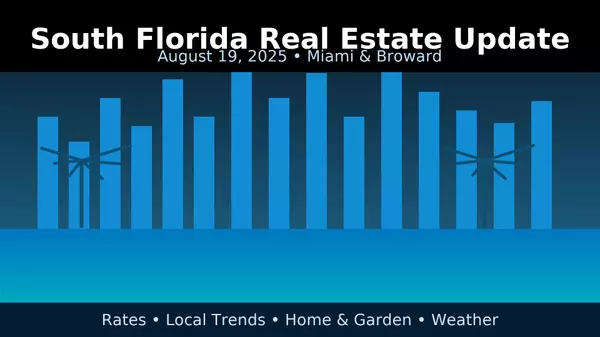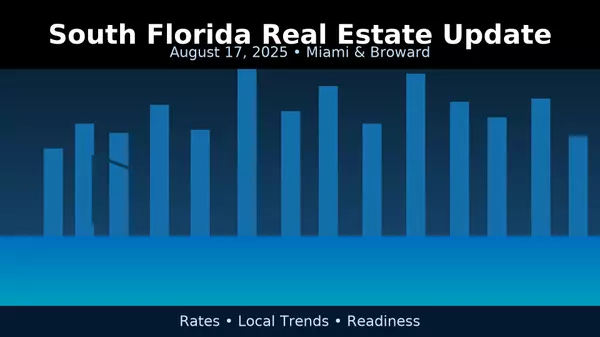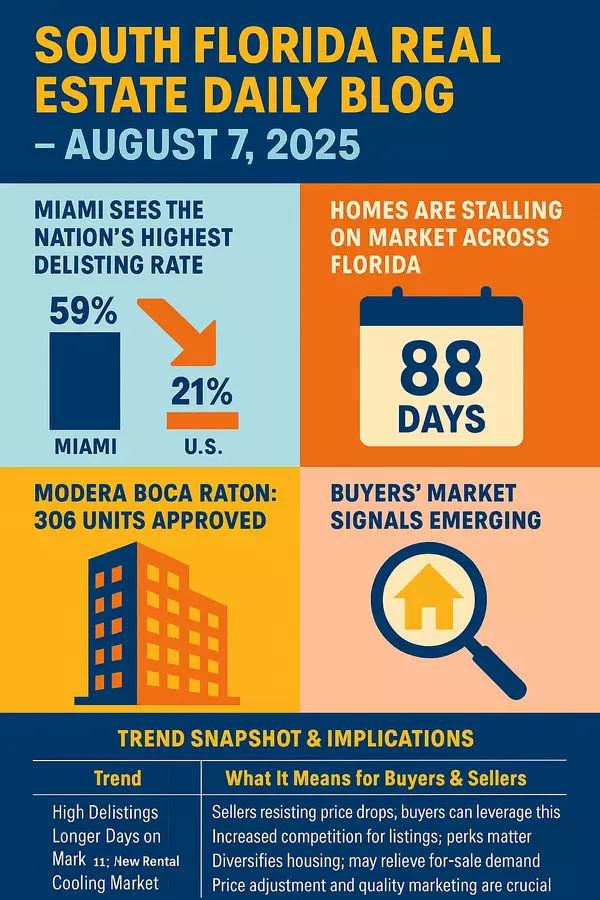Achieving Loan Commitment: Mastering a Key Milestone in Homebuying
Purchasing a home is a journey filled with important decisions and steps, one of which is obtaining a loan commitment from a lender. This commitment is a pivotal milestone in the process of buying a house. It signifies that a lender has reviewed your financial background and is conditionally willing to lend you the money needed to purchase your home. In this comprehensive guide, we’ll explore what a loan commitment involves, its importance in the home buying process, and how you can effectively prepare for it.
Understanding Loan Commitment
A loan commitment represents a lender's agreement to provide you with a mortgage under specific terms, pending final approval.
Key Components of a Loan Commitment:
- Loan Amount: The maximum amount the lender is willing to provide.
- Interest Rate: The rate at which you’ll repay the loan.
- Loan Type: Such as fixed-rate, adjustable-rate, FHA, VA, etc.
- Repayment Period: The duration over which you’ll repay the loan.
- Conditions for Final Approval: Requirements that must be met before finalizing the loan.
Why Loan Commitment Matters
The loan commitment is more than just a piece of paper; it’s an assurance of your financial backing in the home buying process.
- Security for Buyers: Indicates that financing is nearly secured, barring any unforeseen issues.
- Confidence for Sellers: A buyer with a loan commitment is often viewed as serious and reliable, which can be advantageous in competitive markets.
Preparing for Loan Commitment
Achieving a loan commitment requires thorough preparation and understanding of the lending process.
Financial Readiness:
- Credit Score Improvement: Aim for a high credit score for better loan terms.
- Low Debt-to-Income Ratio: Pay down existing debts to improve this ratio.
- Consistent Employment: Stability in employment is crucial for lender confidence.
- Saving for Down Payment: While the loan covers most of the purchase, having a substantial down payment can improve loan terms.
Gathering Essential Documents:
- Income Verification: Pay stubs, W-2 forms, or tax returns.
- Bank Statements: To verify your savings and financial health.
- Asset Documentation: Investment accounts, other property, etc.
- Credit History: Details of your credit accounts and responsibilities.
Research and Consultation:
- Educate Yourself: Understand different mortgage products and what they entail.
- Professional Advice: Mortgage brokers or financial advisors can provide valuable insights.
Post-Loan Commitment Steps
Receiving a loan commitment is a significant step, but the process doesn't end there.
- Meet All Conditions: Address any requirements stated in the commitment promptly.
- Avoid Major Financial Changes: Large purchases or job changes can affect your loan approval.
- Appraisal and Inspection: Ensure the property’s value is in line with the offer and check for any major issues.
Closing the Deal
After fulfilling all conditions of the loan commitment, you’ll proceed to the closing phase, where the property’s ownership is officially transferred to you.
- Review Closing Documents: Understand all aspects of the final agreement.
- Closing Costs: Be prepared to cover these additional expenses.
Conclusion
A loan commitment is a crucial part of the homebuying process, acting as a bridge between pre-approval and the final loan agreement. Preparing for and obtaining a loan commitment requires a clear understanding of your financial situation and the mortgage process. With careful planning and due diligence, this step can lead you closer to your goal of homeownership.
Embracing the Path to Homeownership
Remember, obtaining a loan commitment is a positive step towards your dream of owning a home. Approach it with diligence and optimism. Soon, you'll be on your way to owning the keys to your new home, a place where memories will be made and futures will unfold.
Categories
Recent Posts











